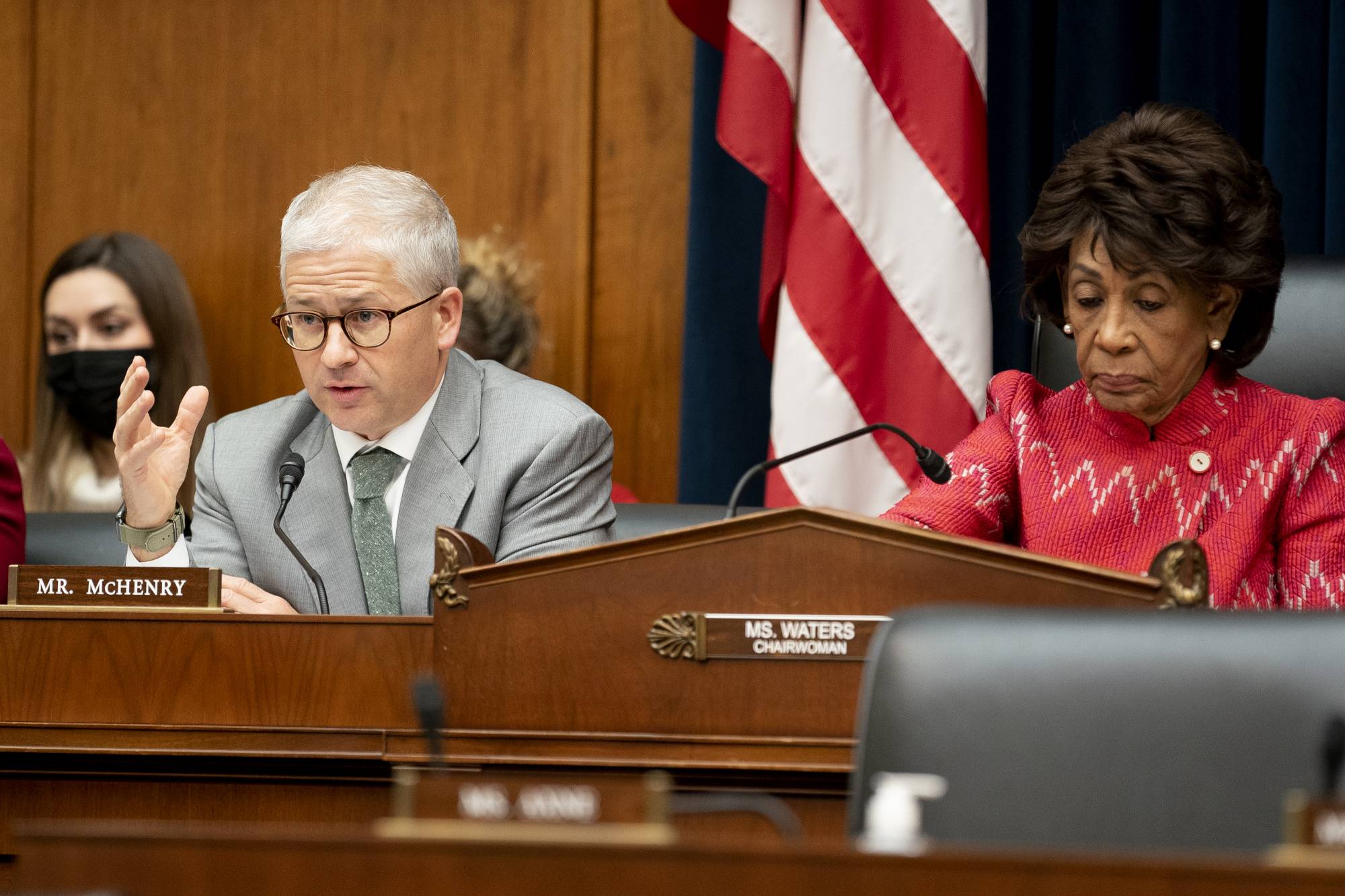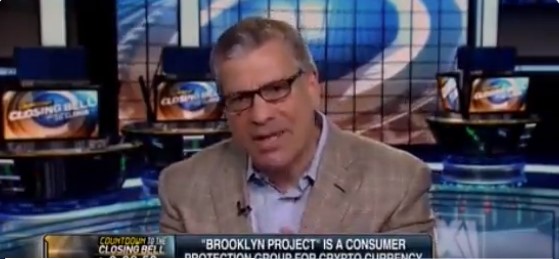By Nicholas Morgan. (Decrypt). October 8, 2023.
The Securities and Exchange Commission is arguing that cryptocurrencies lack any “innate or inherent value” as part of their case against Coinbase in federal court—prompting eye rolls from Coinbase and crypto watchers.
In response to a motion to throw out the agency’s lawsuit filed over the summer, the SEC petitioned a judge to reject Coinbase’s stance that cryptocurrency trading does not count as an investment contract between parties. It justified its position by repeating its position that federal securities laws are designed to be interpreted flexibly through the legal doctrine known as the “Howey Test.”
Read the full piece from Decrypt here: “Crypto Has ‘No Innate or Inherent Value’, SEC Argues in Coinbase Case“











